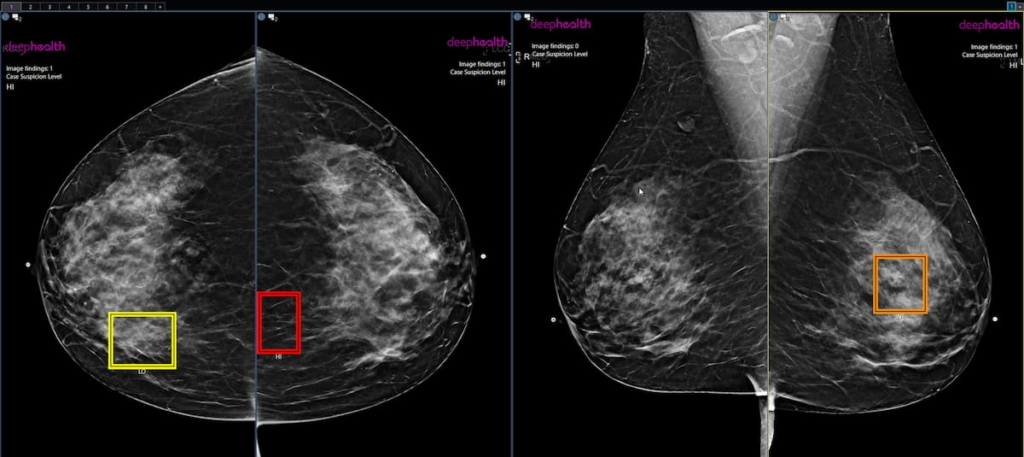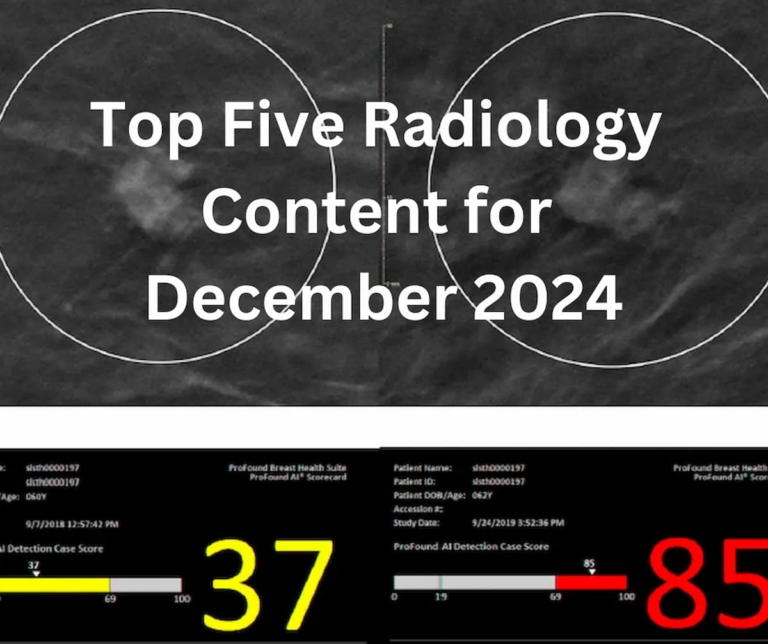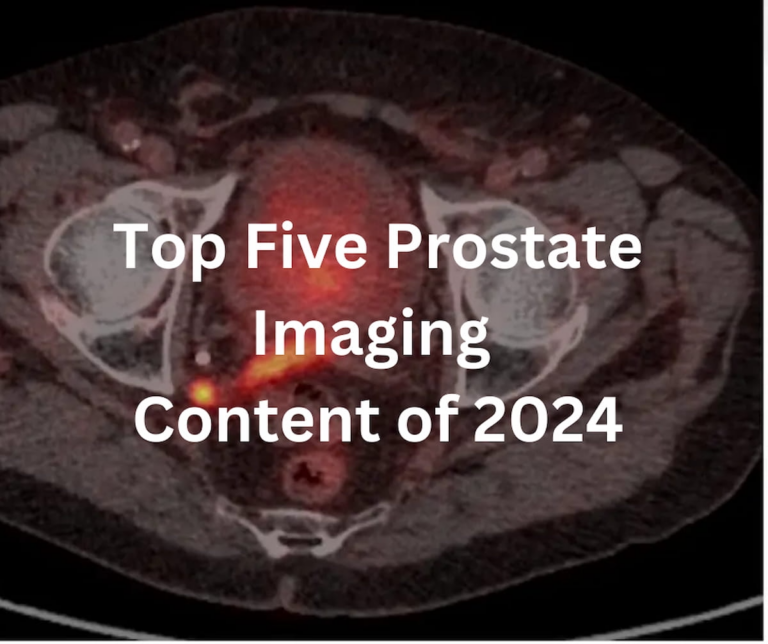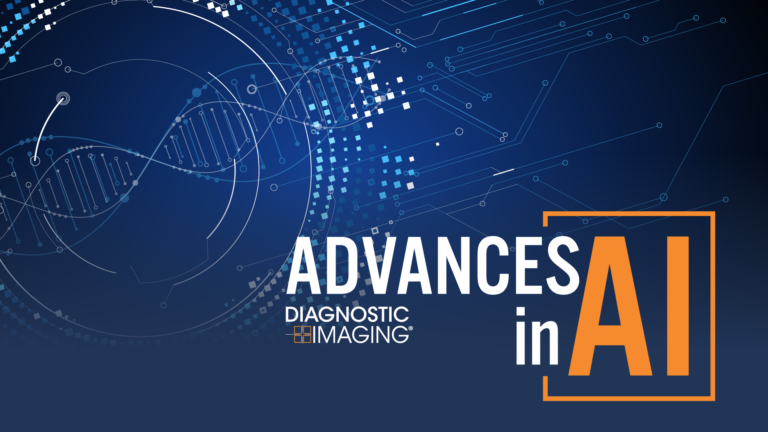
Recent research conducted across multiple centers indicates a substantial number of women are increasingly open to paying additional costs for mammography screenings enhanced by artificial intelligence (AI). This preference has been associated with a 43% increase in the average cancer detection rate (CDR) compared to women who did not choose the AI-assisted screenings. These findings were highlighted at the Radiological Society of North America (RSNA) conference.
The study examined data from 747,604 women undergoing mammography screenings. Researchers focused on three key metrics: cancer detection rate (CDR), recall rate, and positive predictive value (PPV). These parameters were compared between women who opted for AI-enhanced screenings through self-payment and those who did not participate in the AI program.
After one year, the results showed that women receiving additional AI screening benefits had a significantly higher CDR of 5.95 per 1,000, compared to 4.15 per 1,000 for non-AI screenings. Study authors estimated that AI’s contribution alone accounted for 21% of this CDR increase. An additional 22% of this enhancement was attributed to women at higher risk of breast cancer preferring AI-assisted screenings more frequently.
Furthermore, leveraging AI in mammography led to not only a higher cancer detection rate but also a 21% increase in the recall rate, meaning the rate at which women were called back for further testing. This was coupled with a 15% higher positive predictive value (PPV), marking the proportion of positive test results that were true positives. Specifically, the recall rate was 10.9% for AI-assisted screenings versus 8.8% for non-AI screenings, while the PPV for AI was 5.4% compared to 4.6% without AI.
Gregory Sorensen, M.D., a senior author of the study and CEO of DeepHealth, pointed out that the data illustrates a clear eagerness among women to utilize AI to enhance their screening procedures. The combined efforts of AI technology and meticulous review processes are instrumental in detecting more cancers.
Bryan Haslam, Ph.D., co-author of the study and Chief Product Officer at DeepHealth, emphasized the innovative use of AI within an augmented workflow designed to escalate healthcare quality for women presenting with suspicious findings. This implementation is noted for significantly aiding in early breast cancer detection. Currently, the program is reportedly embraced by 36% of women, and this figure continues to rise alongside improvements in cancer detection rates among participants.
Such studies and findings underscore the potential of integrating advanced AI technology into routine medical screenings, promising a higher efficiency in diagnosing life-threatening conditions like breast cancer. As the technology evolves and becomes more accessible, it is expected to not only enhance the accuracy of medical screenings but also to improve patient outcomes through earlier detection and treatment of diseases.


